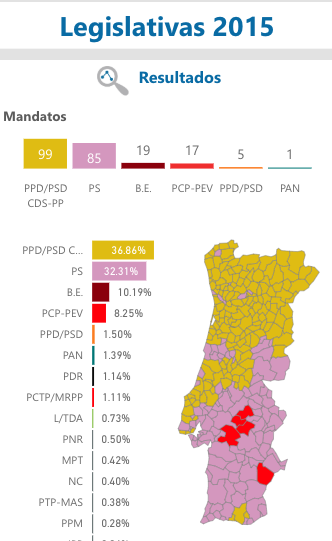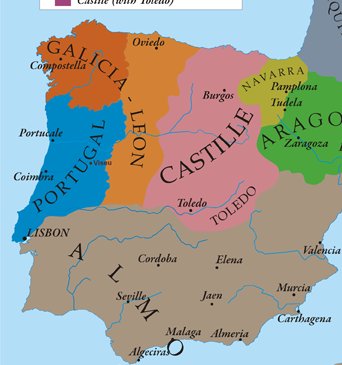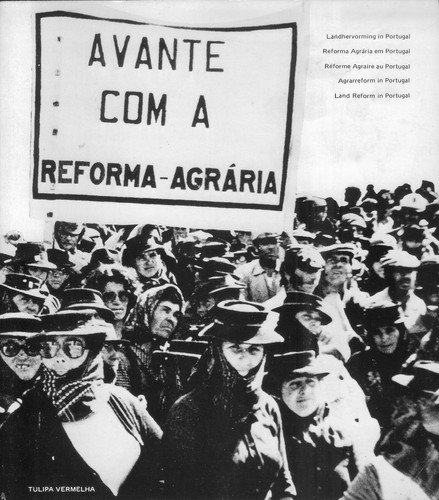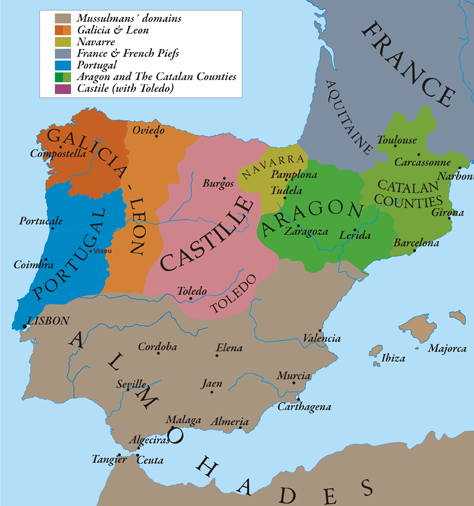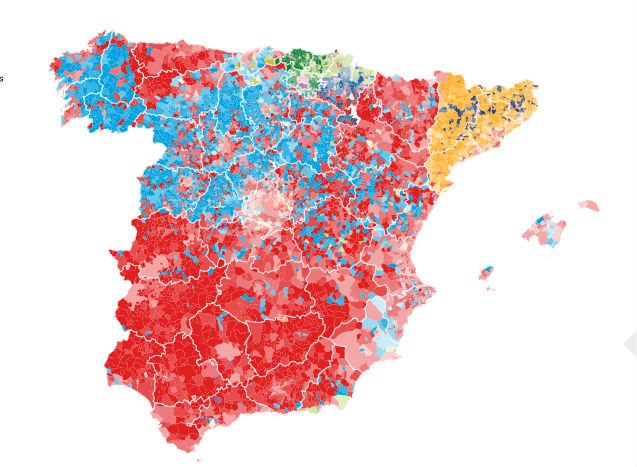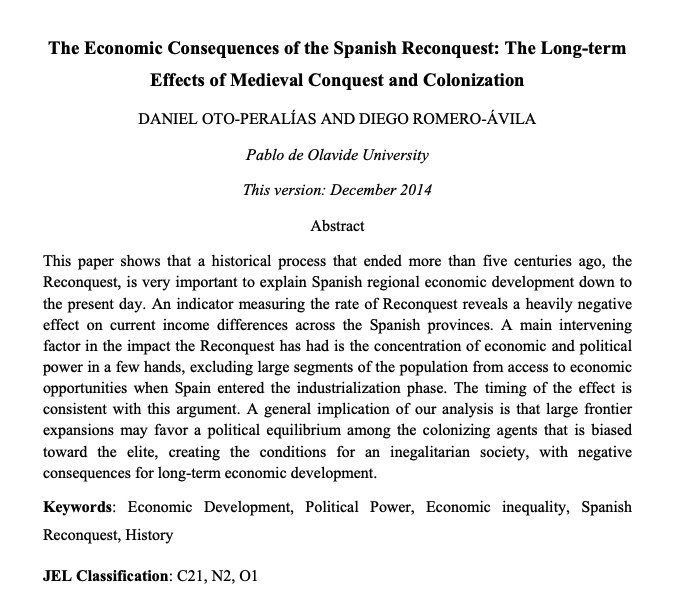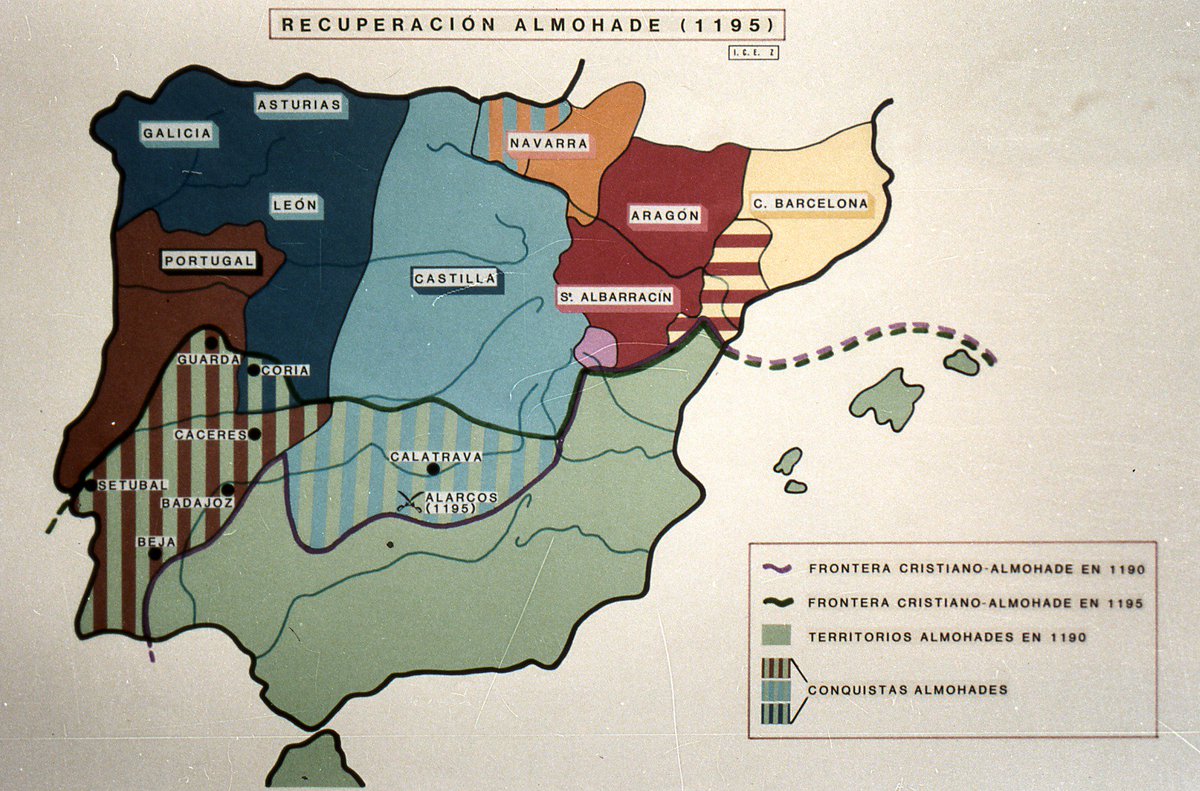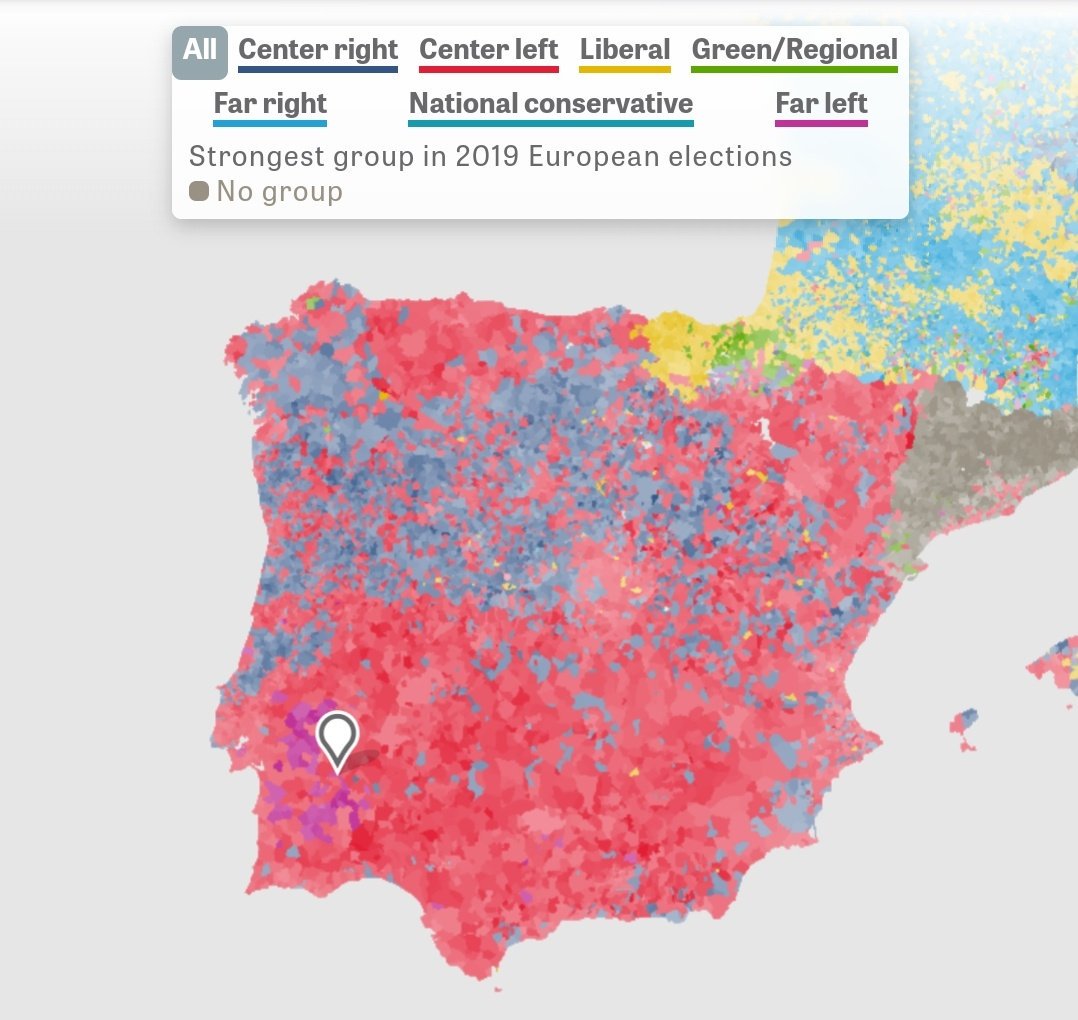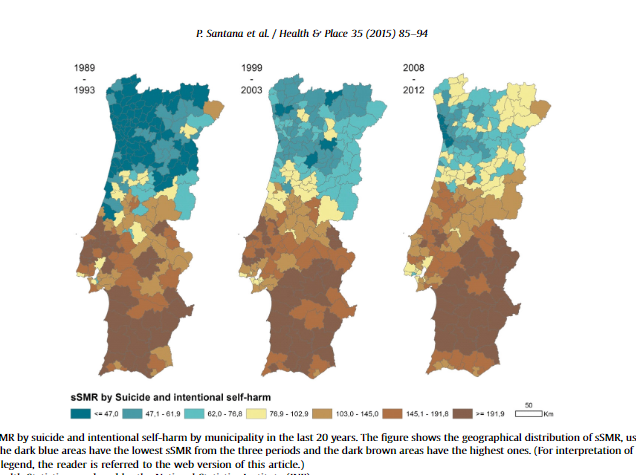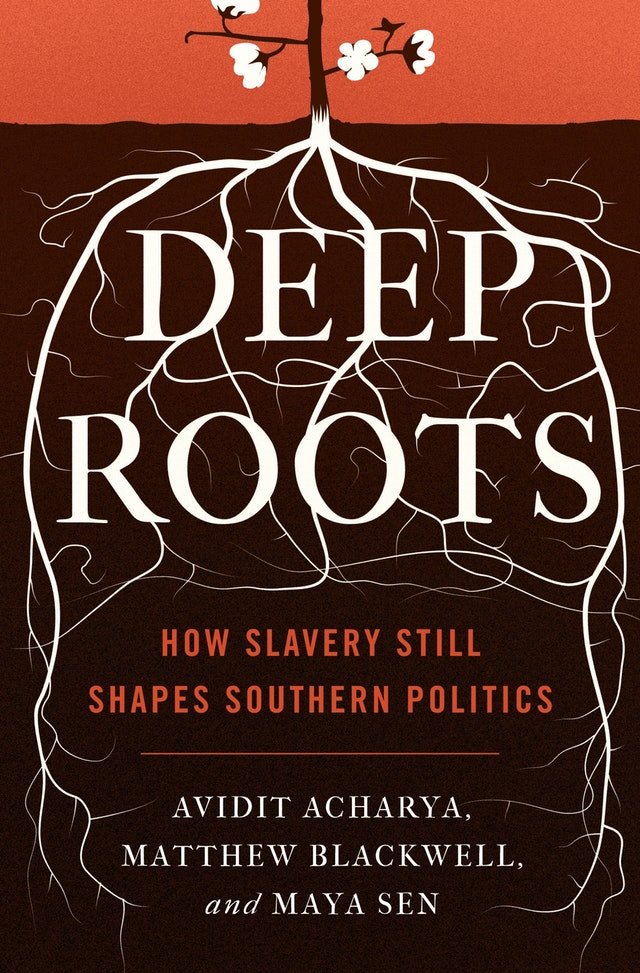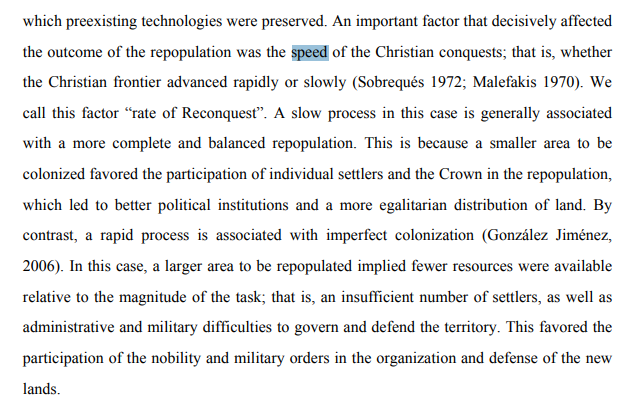Here& #39;s a small thread about why the map of the 2015 legislative elections in Portugal looks remarkably similar to the map of Portugal in 1160.
Northern Portugal has traditionally been more right-wing, and Southern Portugal has been more left wing. The Alentejo region south of Lisbon has been a stronghold of the Communist party.
The Reconquista (the victory of Christian kingdoms over Muslim caliphates) took place much later in Southern Portugal than in the North: in the South, land was retaken with the help of a number of military orders, such as the Knights Templar.
In the South, this resulted in sudden and large extensions of territory that the kings ceded to nobles, mercenaries or military orders. This created large properties (latifundia), owned by a small minority, who used a large landless agricultural underclass to exploit it.
This was quite different from the North, were small farmers-owners were more the norm. North: class of small landowners; South: oligarchy and large agricultural working class. After the rise of democracy, this created the social basis for different political power relationships.
In the aftermath of the Carnation revolution of 1974, the redistribution of land was a big issue. Land in Alentejo was collectivised in cooperatives, which mostly failed, and re-privatised. A lot has changed, but there are still political remnants of the past.
By the way, a similar thing happened in Spain, with latifundia being established in Andalucia along the same process. The same map of the Iberian Peninsula in 1160 (left) and the map of the 2019 parliamentary elections (right). Red: PSOE.
This paper argues that the Reconquista also created oligarchic tendencies, with a negative impact on economic development in Spain.
https://www.upo.es/economia/economia/romero/Reconquest_manuscript.pdf">https://www.upo.es/economia/...
https://www.upo.es/economia/economia/romero/Reconquest_manuscript.pdf">https://www.upo.es/economia/...
An it seems that you have the same patterns of higher inequality in any setting of (re-)conquest by force. Brazil was colonised by similarly ceding "captaincies" to nobles, there were latifundias, landless peasants, and an oligarchic political and economic system.
Incidentally (and perhaps connected), there used to be a clear North-South divide in suicide rates.
https://www.sciencedirect.com/science/article/pii/S1353829215001033">https://www.sciencedirect.com/science/a...
https://www.sciencedirect.com/science/article/pii/S1353829215001033">https://www.sciencedirect.com/science/a...
If you are interested in how history shapes today& #39;s politics, you should check out this book on how the incidence of slavery still shapes politics in the US South
https://press.princeton.edu/books/hardcover/9780691176741/deep-roots">https://press.princeton.edu/books/har...
https://press.princeton.edu/books/hardcover/9780691176741/deep-roots">https://press.princeton.edu/books/har...
An interesting underlying argument by @OtoPeralias and Diego Romero-Avila on the speed of reconquest: slow reconquest: distributed land ownership; quick reconquest: concentrated land ownership.
https://www.upo.es/economia/economia/romero/Reconquest_manuscript.pdf">https://www.upo.es/economia/...
https://www.upo.es/economia/economia/romero/Reconquest_manuscript.pdf">https://www.upo.es/economia/...

 Read on Twitter
Read on Twitter